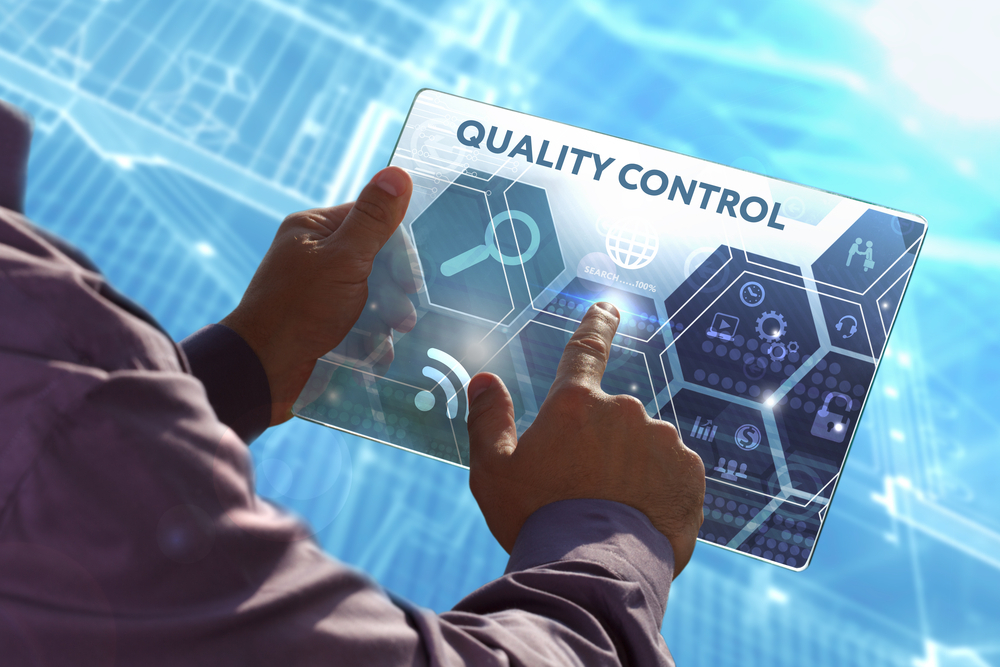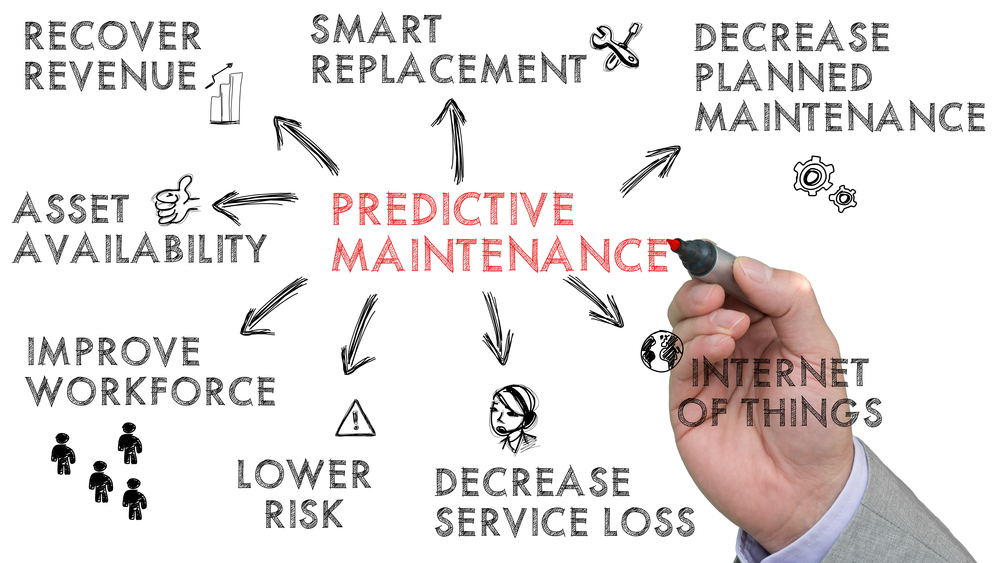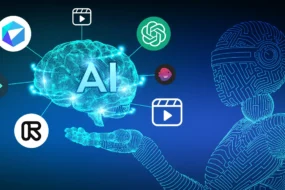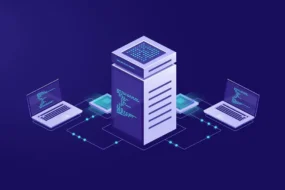In recent years, the manufacturing industry has witnessed a profound transformation, thanks to advancements in computer vision and artificial intelligence (AI). These cutting-edge technologies are reshaping traditional processes, enhancing productivity, and driving innovation across the sector. From streamlining production lines to ensuring unparalleled quality control, here are several ways in which computer vision and AI have revolutionized the manufacturing landscape:
Automated Inspection and Quality Control

Traditionally, manual inspection processes were time-consuming and prone to errors. However, with the integration of computer vision and AI systems, manufacturers can now automate inspection tasks with unprecedented accuracy. High-resolution cameras coupled with intelligent algorithms can detect defects, anomalies, and inconsistencies in real-time, ensuring that only products meeting the highest quality standards are released to the market.
Predictive Maintenance

Downtime due to equipment failure can significantly impact production schedules and profitability. AI-powered predictive maintenance systems leverage data from sensors and cameras to monitor machinery health continuously. By analyzing patterns and detecting early signs of potential malfunctions, manufacturers can proactively schedule maintenance, thereby minimizing unplanned downtime and optimizing operational efficiency.
Optimized Production Processes

Computer vision technology enables manufacturers to monitor and optimize production processes in real-time. AI algorithms analyze data from sensors, cameras, and other sources to identify inefficiencies, bottlenecks, and areas for improvement. This data-driven approach empowers manufacturers to streamline workflows, reduce waste, and maximize resource utilization, ultimately enhancing productivity and reducing costs.
Enhanced Safety and Compliance

Safety is paramount in manufacturing environments, where workers are often exposed to hazardous conditions. Computer vision systems equipped with AI algorithms can monitor workplace safety by identifying potential risks, detecting safety violations, and alerting personnel in real-time. Furthermore, these systems facilitate compliance with regulatory standards and help prevent accidents, ensuring a safer work environment for all employees.
Inventory Management and Logistics Optimization

Efficient inventory management is essential for maintaining smooth operations and meeting customer demand. AI-powered computer vision systems can automate inventory tracking and management processes by accurately identifying and counting products in warehouses and distribution centers. Moreover, these systems can optimize logistics operations by analyzing data on shipping routes, vehicle utilization, and delivery schedules, leading to faster order fulfillment and reduced costs.
Customization and Personalization

Consumer preferences are becoming increasingly diverse, driving the demand for customized products. Computer vision and AI technologies enable manufacturers to offer personalized solutions at scale. By analyzing customer data and preferences, AI algorithms can tailor products to individual needs, from customized packaging to personalized product features, fostering greater customer satisfaction and brand loyalty.
Supply Chain Optimization

The global supply chain is becoming more complex, with multiple stakeholders involved in sourcing, production, and distribution processes. AI-powered computer vision systems provide real-time visibility into the supply chain, enabling manufacturers to track raw materials, monitor supplier performance, and identify potential disruptions. By optimizing supply chain operations, manufacturers can reduce lead times, minimize inventory holding costs, and enhance overall efficiency.
Energy Efficiency and Sustainability

With growing concerns about environmental sustainability, manufacturers are under pressure to minimize their carbon footprint and conserve resources. Computer vision and AI technologies play a crucial role in promoting energy efficiency and sustainability initiatives. By analyzing data on energy consumption, emissions, and resource utilization, AI algorithms can identify opportunities for optimization and recommend eco-friendly practices, helping manufacturers achieve their sustainability goals while reducing operating costs.
Computer vision and AI for manufacturing are driving unprecedented advancements in the manufacturing industry, revolutionizing traditional processes and unlocking new opportunities for efficiency, quality, and innovation. As these technologies continue to evolve, their transformative impact on the manufacturing landscape is poised to accelerate, ushering in a new era of productivity and competitiveness.











